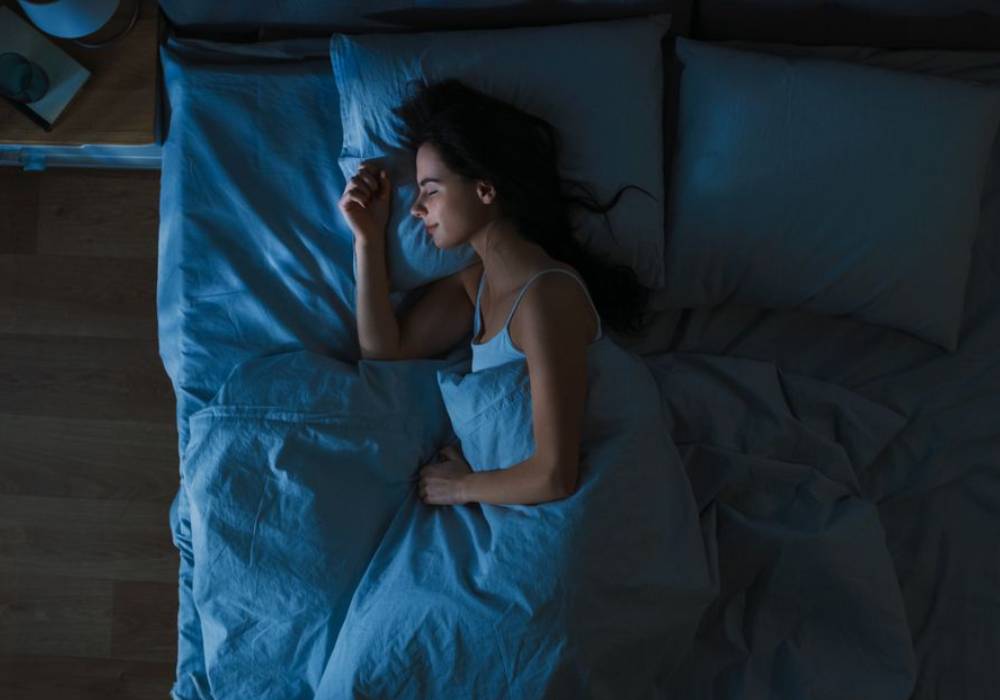There are two types of people, I believe: those who celebrate special occasions in a subtle manner and those whose excitement is always rocketing sky high about a festival or a holiday. I fall in the latter category; special occasions are exciting and more often than not, those are simply about gathering with your loved ones. As much as I enjoy that, when my entire family is under one roof, with so many parallel conversations happening, and everyone is all charged up, I end up feeling tired by the end of it all.
To know that your home or your circle is just one small drop in the ocean of chaos that unfolds around you is another level of tiredness. Many people experience sensory overload during festivals, which can dampen their spirit of celebration.
What is sensory overload?
Experts explain that sensory overload happens when your five senses are getting more input than your brain can process. This can include anything, from multiple conversations happening in the same to a lot of light. Similarly, if there is a lot of clutter around you, it can lead to excessive visual stimuli, leading to sensory overload.
With Diwali, and other festivals comes chaos that often involves many people under the same roof, the noise of crackers and the visual stimuli that comes from excessive light and eye-catching décor all around us. Managing sensory overload becomes more important, in order to be able to enjoy the celebrations better – or at least, not have a long downtime in their aftermath.
Here’s how you can manage sensory overload.

Create a calm spot
Whether you are at your own home full of people or at someone else’s Diwali party, the overstimulation can make you feel drained. Identify one calm spot where you can go now and then to just block the noise out, get some ‘me time’ or have a peaceful conversation with someone. Frequent visits to this calm spot will keep you sane, in a time of chaos.
Don’t try to fit it all in
During festivals, there is a chance that you want to do so much, all in one day. On Diwali, you may want to spend the day decorating, spending time with family and you may think you can also fit in meeting your friends or partner. However, you may be stretching yourself too thin. Your senses may get overwhelmed with so much happening, leaving you restless and unable to completely enjoy your present. Relax, plan your day in a way that you get a break between things. It’s okay to say no to a plan that will drain you.

Make sure you stay hydrated
When we are occupied with festivities, many of us tend to forget to keep ourselves hydrated. Improve your brain function in chaos, by drinking enough water. Carry a water bottle if you must or keep bottles handy in your house. Every hour, take a break to gulp down water.
Don’t feel hesitant to leave early
If a place is too noisy for you, don’t feel hesitant to leave early. Don’t stay, silently feeling overwhelmed by the excessive stimulation around. Retire in your room with your favourite Netflix show and a good pair of noise cancellation earphones. Dim the lights and just rest it out. Sounds much better, doesn’t it?

After the event, get enough sleep and rest
Post-Diwali, keep a day just for resting it out. Sleep well, practise relaxation techniques including breathing techniques, listening to healing sounds, eating a well-balanced diet and doing anything that feels therapeutic to you. Identify your triggers and avoid going to places that can aggravate those.
Keep children and pets safe from sensory overload too
If you have children, ensure that they are not near stimulants. Let them enjoy themselves for a while and guide them in managing their sensory overload too. Set a deadline and put them to bed, so they can rest well. If you have pets, ensure there is a safe space for them to hide, if they feel overwhelmed. Ask guests to not seek them if they are in their safe spots. Also, keep your doors and windows closed, to avoid travelling of noise from one room to another.
Also Read: 5 Ways To Reduce Festive Stress And Anxiety